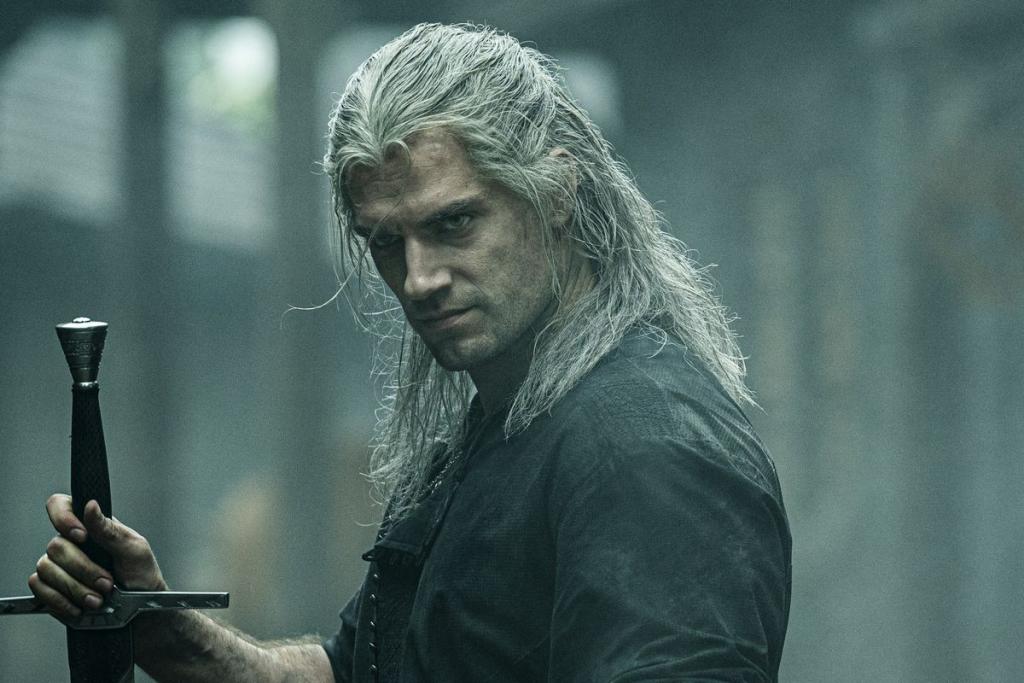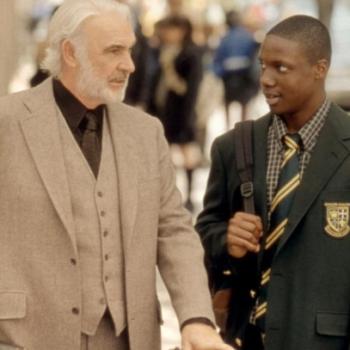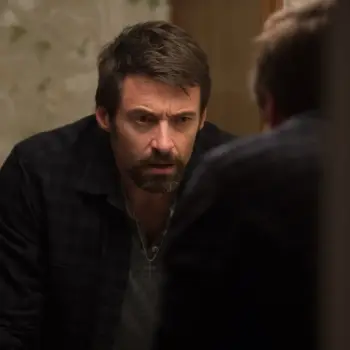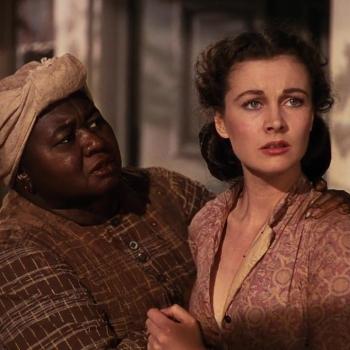
Gens Y and Z have a special interest in making good guys out of really bad guys. Sometimes we give villains tragic backstories to show that they were good guys, actually, until society screwed them up (e.g. Joker). But other times we’re not as interested in literal bad guys as the deconstruction of the aesthetics of evil.
Take Geralt of Rivia, mutated monster hunter and star of Netflix’s hit series, The Witcher. The show follows Geralt’s interactions with other magical beings in a world that is dark and violent. Geralt himself looks like the embodiment of said evil and violence–the guy basically looks like Dracula joined a biker gang. It’s this same ferocious demeanor (as well as in-universe prejudice against his kind) that alienates Geralt from his society. And yet Geralt himself is frequently the most righteous person in the room.
Geralt not only looks frightening, he’s also a bit of a grump. Geralt is such an effective character because of this unique contradiction: he fundamentally believes the world is unjust and wicked, yet he himself is this vessel of goodness. Half of the show’s episodes entail some person of influence enlisting Geralt to get rid of some monster only for Geralt to learn the person paying him is actually a much bigger monster. Completing the mission as assigned rubs up against his impeccable moral compass, and so Geralt always ends up backing out of the assignment or striking back at the corrupt forces that want to use him, which only further alienates him from society. This “no good deed goes unpunished” cycle validates Geralt’s cynical worldview.

Likewise, Geralt’s disbelief in “destiny” belays his belief that there is no divine entity that grants meaning to suffering. He doesn’t think that there’s some spiritual bind connecting him to Princess Cirilla. This disavowal can be likened unto a non-belief in God, Christ, or spirituality in general. Geralt’s internal conflict, at least in season 1, has him dismissing the possibility–or the hope–that a benevolent force such as destiny could possibly exist, let alone have something in store for a Witcher.
After a lifetime of scorn and spite, Geralt has a hard time imagining himself as a hero of anything, but for the audience who sees him continually choosing to be good, the truth is clear. This is one of the hidden graces of media, or storytelling in general. Stories allow us to view our own insecurities from an objective ground, and thereby come to more fair conclusions.
Perhaps we flock to characters like Geralt because we see ourselves as fallen creatures yet still hope to be good. For some of us, it might be easier to imagine ourselves as having demonic yellow eyes than a halo, yet we still wish we could touch heaven. Figures like Geralt help reconcile that contradiction. That such a frightening creature could actually be an emissary of goodness gives us hope that we in our messiness can still be heroes.
Anyone else really ready for season 2?












